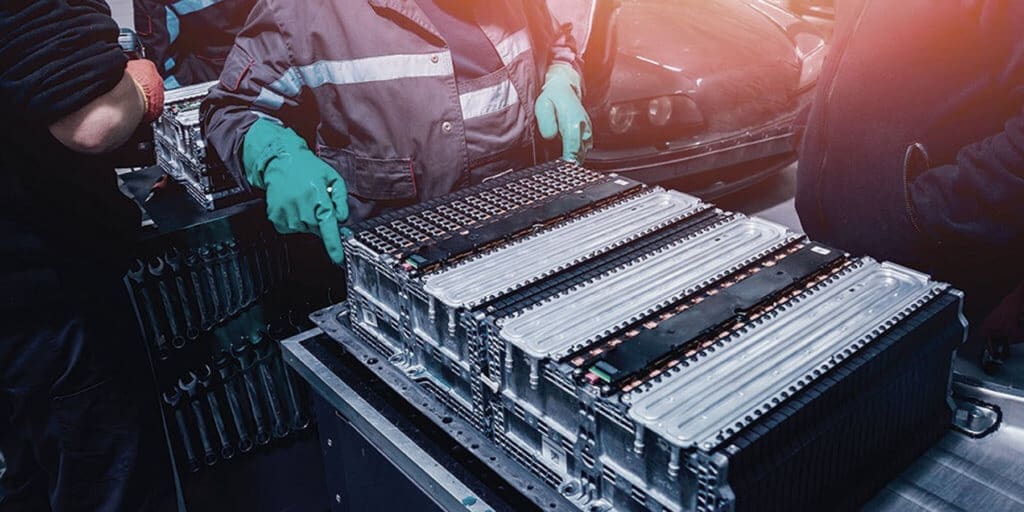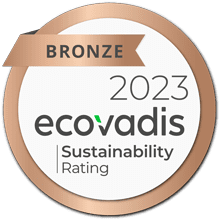Diversifying batteries could stop EV supply chains grinding to a halt
Volkswagen Group recently released EV sales figures showing a similar growth trajectory, with sales up 96% from 2020. But according to a current project manager at BMW, the final total could have been 10-15% higher, as the industry continued to be “plagued” by supply-chain shortages.
The shortage of semiconductors continued to be a “major” problem, according to the specialist, with Volkswagen more affected than others. The specialist also said there were “sporadic” shortages in core minerals such as nickel, graphite, aluminium, as well as cells, which were causing the supply of batteries for EVs to tighten and production to slow – a phenomenon the specialist referred to as the “new normal”.
Such shortages would be further disrupted by any potential shutdown to battery factories in China – where the specialist told us Volkswagen procures nearly 30-40% of its batteries – and that it “could not really avoid a supply-side crisis” if such a shutdown were to occur. The specialist also debated the impact nationalisation of battery minerals in China would have on EV production, stating that while it could be “quite dramatic” for manufacturers who rely on Chinese batteries for exported products, those sold in China would be “safe” from disruption.
Improving supply chain efficiency is therefore increasingly important and the specialist said that diversifying to use both NMC and LFP batteries could well “mitigate” some of the shortages. LFP batteries are made from lithium iron phosphate, which is currently “very abundant”, and the magnesium in NMC batteries is also “widely available”, according to the specialist. Carmakers are also no longer committed to the idea of manufacturing all EVs with the same long-distance performance in mind, making it possible to use “lower price per kilowatt-hour” LFP batteries for A and B segment vehicles, and to use higher energy density NMC batteries for C, D, E segment vehicles and large SUVs.
As technology improves, the specialist said solid-state batteries – which use solid electrodes and a solid electrolyte – are likely to become “another puzzle part” in Volkswagen’s portfolio rather than replacing all NMC and LFP batteries. The specialist was positive that solid-state batteries would provide a higher range, faster charging, and be cheaper long term than lithium-ion batteries, but that they should be compared to batteries made in 2030 rather than today – when their edge will be more “pronounced”.
To access all the human insights in Third Bridge Forum’s Volkswagen’s battery strategy – technological developments & profitability outlook Interview, click here to view the full transcript.
The information used in compiling this document has been obtained by Third Bridge from experts participating in Forum Interviews. Third Bridge does not warrant the accuracy of the information and has not independently verified it. It should not be regarded as a trade recommendation or form the basis of any investment decision.
For any enquiries, please contact sales@thirdbridge.com



